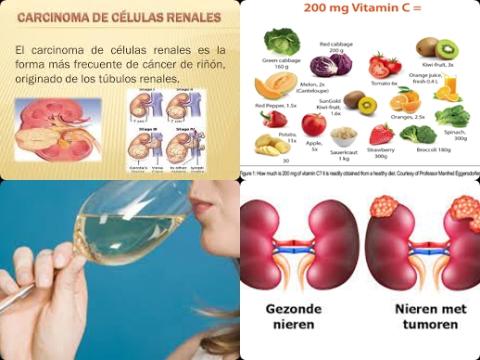
Objectives:
Evidence associating diet with the incidence of renal cell carcinoma (RCC) is inconclusive. Therefore, this umbrella review article has been conducted.
What is the association between diet and renal cell carcinoma incidence?
Study design:
This umbrella review article included 22 meta-analyses with a total of 502 individual studies and 64 summary hazard ratios (HRs) for renal cell carcinoma incidence: dietary patterns or dietary quality indices (n = 6), foods (n = 13), beverages (n = 4), alcohol (n = 7), macronutrients (n =15) and micronutrients (n =19).
No meta-analyses had high methodological quality.
59% of these 502 individual studies were cohort studies (n = 298), 39% were case-control studies (n = 196) and 2% were pooled studies (n = 8).
Sixty (94%) exposures in the included meta-analyses had more than 1,000 cases or 20,000 participants.
Results and conclusions:
The investigators found no dietary factors showed convincing or highly suggestive evidence of association with renal cell carcinoma incidence in the overall analysis.
The investigators found in the overall analysis that dietary intake of vegetables significantly reduced risk of renal cell carcinoma with 26% [summary HR = 0.74, 95% = 0.63 to 0.86, suggestive evidence].
The investigators found in the overall analysis that dietary intake of vitamin C significantly reduced risk of renal cell carcinoma with 23% [summary HR = 0.77, 95% = 0.66 to 0.90, suggestive evidence].
The investigators found in the overall analysis that moderate drinking significantly reduced risk of renal cell carcinoma with 23% [summary HR = 0.77, 95% = 0.70 to 0.84, convincing evidence] in Europe and North America.
The investigators found in the overall analysis that dietary intake cruciferous vegetables significantly reduced risk of renal cell carcinoma with 22% [summary HR = 0.78, 95% = 0.70 to 0.86, highly suggestive evidence] in North America.
The investigators concluded dietary intake of vegetables and vitamin C could reduce renal cell carcinoma risk. Moderate drinking might be beneficial for Europeans and North Americans and cruciferous vegetables might be beneficial to North Americans, but the results should be interpreted with caution because no meta-analyses had high methodological quality. More researches are needed in the future.
Original title:
The role of diet in renal cell carcinoma incidence: an umbrella review of meta-analyses of observational studies by Liao Z, Fang Z, […], Luo Z.
Link:
https://www.ncbi.nlm.nih.gov/pmc/articles/PMC8812002/
Additional information of El Mondo:
Find more information/studies on cancer, vegetables, vitamin C right here.
An umbrella review article is a scientific article which only includes meta-analyses (also called review articles). The results found in an umbrella review article are more reliable than found in an individual review article.
One swallow does not make a summer. A famous Dutch saying that could not be any more obvious. Just because one single scientific study about a certain topic makes certain claims, it does not necessarily mean it is true. On the other hand, a review article (a collection of scientific studies on a certain topic) of randomized, placebo-controlled double blind clinical trials (RCTs) will answer the following question:
"Do taking dietary supplements make sense?" Yes for a positive conclusion and no for a negative conclusion.
One swallow does not make a summer. A famous Dutch saying that could not be any more obvious. Just because one single scientific study about a certain topic makes certain claims, it does not necessarily mean it is true. On the other hand, a review article (a collection of scientific studies on a certain topic) of (prospective) cohort studies or case-control studies will answer the following question:
"Should I change my diet?".